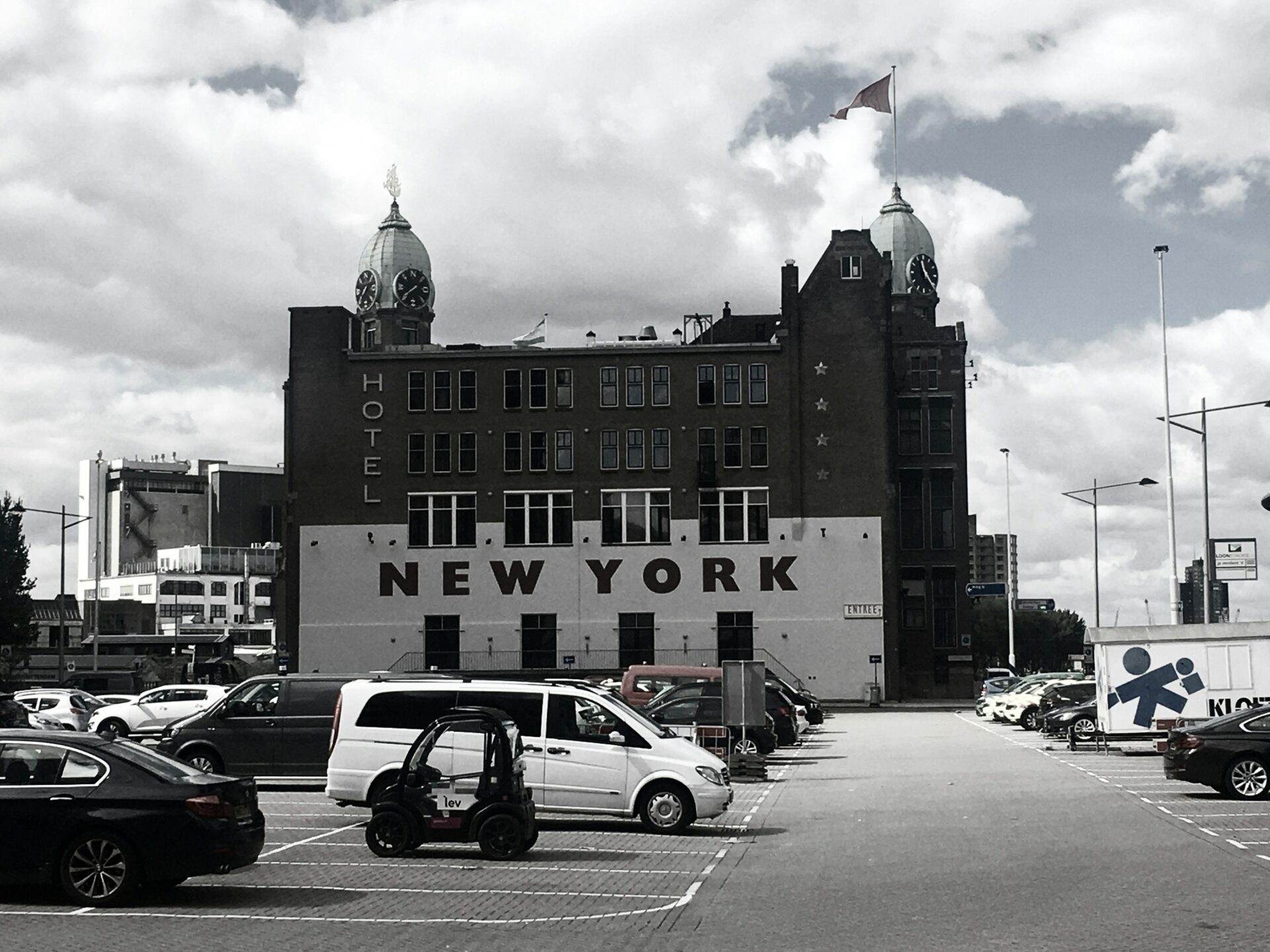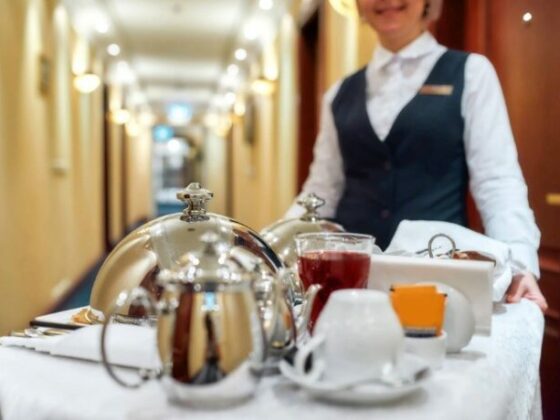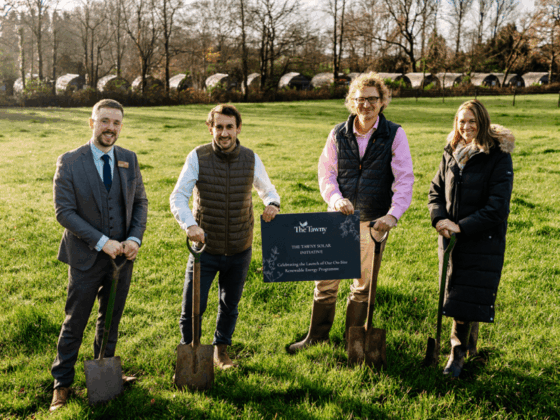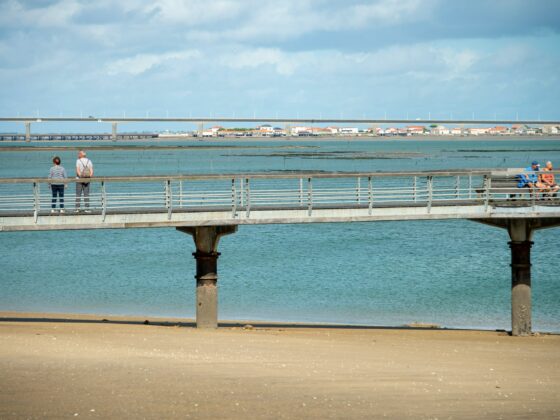Faced with growing environmental and social challenges, the hotel industry is having to respond to increasingly pressing CSR expectations. From reducing carbon footprints to optimising resource management, the sector is undergoing a major transformation, driven by initiatives aimed at reconciling profitability and sustainability. However, while this transition to a greener future brings opportunities, it also raises complex challenges. Find out how the sector is adapting to the new market realities.
The hotel industry is undergoing a major transformation, driven by growing pressure to implement Corporate Social Responsibility (CSR) practices. This transition is not always easy to implement, which is why the UMIH (Union of French Hotel Industry) and ADEME (French Agency for Ecological Transition) signed an agreement to support industry professionals in this process. This transition involves numerous steps, as highlighted by Thierry Marx, President of UMIH, such as reducing food waste, cutting fluid consumption, improving energy performance, and managing bio-waste production.
The importance of an ambitious and committed CSR policy
By 2025, all players in the hotel industry are expected to engage in a responsible approach. But before addressing the how, it is essential to ask why. Why is it important—and even necessary—for the sector to adopt a sustainable path?
Given the challenges posed by climate change and its accelerated impact in recent years, all sectors are affected. The hotel industry is on the front line, contributing nearly 11% of global greenhouse gas emissions. This carbon footprint is something professionals are increasingly aware of and are eager to reduce significantly.
This commitment is also in line with the objectives of the Paris Agreement on climate, which aims to keep global warming below 2°C. Achieving this ambitious goal requires an equally strong commitment from the hotel industry, with hotels needing to reduce their emissions by 66% by 2030 and by 90% by 2050, according to the World Sustainable Hospitality Alliance.
High expectations from all sides
Adopting this path also aligns with the growing demand from travelers who are more and more sensitive to sustainability issues. In fact, 83% of travelers favor sustainable accommodations, according to a Booking.com study.
An engaged CSR policy could also serve as an attractive lever in the context of the workforce shortage that has significantly impacted the sector in recent years. According to a study by the Governance and Accountability Institute, 40% of millennials say they choose their employers based on their sustainable performance, and 70% say they are more likely to stay with a company that has a solid environmental policy.
Finally, investors are increasingly attentive to sustainability criteria when selecting hotel projects. According to a report by the Alliance for Energy and Environment (AEE), energy efficiency is currently the top priority for hotel sector investors, due to rising energy costs and the ability to reduce operating costs.
Green bonds and sustainability-linked loans also appear to be key financial instruments, with banks increasingly requiring tracking of CSR performance. According to this report, institutional investors are at the forefront of this evolution.
An ocean of sustainable certifications and labels

Green Key, Green Globe, EarthCheck, and Ecostars are just a few of the labels and certifications aimed at ensuring the sustainability of the sector. These certifications allow hotels to visibly showcase their commitment to sustainability, which is increasingly valuable today as 8 out of 10 tourists find it important for companies to be certified.
The Green Key (or Clef Verte in French) is undoubtedly one of the most well-known certifications, with more than 6,700 sites globally certified, including over 2,400 in France, representing 8% of the country’s collective accommodation stock. This number has tripled since 2022, reflecting the strong desire of the French hotel industry to embrace eco-responsibility.
“Ultimately, not engaging in a certification process will become discriminatory. Companies will no longer send their employees to hotels that do not meet any standards,” says Caroline Piel, founder of Hotels En Ville.
Certifications play a crucial role in shaping the image of a hotel, both with customers and employees, as well as its overall performance. “Hotels without certifications or validated sustainability standards are, on average, the least competitive in terms of price (the cheapest) and generate the lowest customer satisfaction ratings, across all categories,” says Carlos Cendra, Marketing and Communications Director at Mabrian.
The race for certification
Aware of the importance of these valuable certifications, hotel groups are all engaged in a race for labeling. Last year, Accor achieved a symbolic milestone by eco-certifying its 1,000th hotel, with the group aiming to certify its entire network by 2026.
To this end, the French group signed international partnerships with the two leading sustainable labels, Green Key and Green Globe.
The Green Key certification is also at the heart of the CSR policy of Leonardo Hotels, with its entire European portfolio already certified or in the process of certification. The group has also launched a pilot project where each hotel is assigned a dedicated Green Key Manager.
For its part, Meliá focuses on Ecostars certification, with 270 of its hotels globally certified. This progress is welcomed by its CEO, Gabriel Escarrer: “Having such a strong evaluation as Ecostars for our entire portfolio of hotels, whether owned, leased, or managed, not only enhances our reputation but also has a direct impact on our business results.”
The Ecostars standards are also recognized as equivalent by the Global Sustainable Tourism Council (GSTC). In recent months, this council has awarded sustainable certifications to several major players in the hotel industry, including Mandarin Oriental, Rosewood, and Barceló.
However, it’s not necessary to be an international group to have strong sustainable ambitions. This is proven by Edgar Suites, which recently obtained the B Corp label after being designated as a mission-driven company in 2022 and receiving the Green Key label in 2023. “This certification enhances our brand value and image with both local municipalities and travelers,” says Xavier O’Quin, President of Edgar Suites.
Carbon neutrality: The holy grail of hospitality

While the World Sustainable Hospitality Alliance targets a 90% reduction in greenhouse gas emissions by 2050 to meet the Paris Agreement, many groups have set even more ambitious goals. In fact, all of the world’s top 10 hotel groups aim for carbon neutrality by 2050.
It’s important to note that carbon neutrality doesn’t mean zero emissions, but rather compensating for the emissions produced. To achieve carbon neutrality, companies must conduct a carbon audit, which allows them to precisely measure their emissions and design strategies aligned with their goals.
This long-term effort has enabled leading hotel groups to develop their CSR programs, such as Planet 21 – Acting Here by Accor, Serve 360 by Marriott, Travel with Purpose by Hilton, Low Carbon Pioneer by IHG, and World of Care by Hyatt.
The leaders of this quest
All of these groups have the same goal, but each moves at its own pace. Some groups, such as Accor, Hilton, and Meliá, are slightly ahead of the curve. These three players go beyond scope 1 and 2 emissions (direct emissions and emissions related to consumed energy) by integrating scope 3 emissions into their strategies.
Scope 3 includes indirect emissions related to purchases, the supply chain, customer and employee mobility, and waste management downstream. Integrating emissions from this scope requires a much broader and more complex effort, but it’s necessary, as scope 3 accounts for nearly 70% of the total carbon footprint of the hotel industry.
Accor has incorporated scope 3 into its entire supply chain through structured reporting, sustainable purchasing based on standards such as EcoVadis, and the introduction of environmental requirements in its tenders. The group has developed a sustainable F&B offering through short supply chains and waste reduction, adopted a green purchasing policy, and forged partnerships with sustainable mobility operators.
Hilton manages scope 3 using its proprietary tool, LightStay. This tool ensures environmental traceability of all emissions, including those from the supply chain. Through various partnerships, the group encourages the use of green electricity, responsible products, and low-emission logistics operators.
Finally, Meliá has implemented an advanced system for measuring scope 3, based on data collection from suppliers, product life cycle analysis, and regular audits of the supply chain. The group’s actions are structured around a responsible supplier charter, selecting partners committed to decarbonization and reducing packaging and single-use plastics.
The second part of this analysis will look at improving the sector’s energy performance, as well as the social aspect, which is just as important as the environmental aspect.








